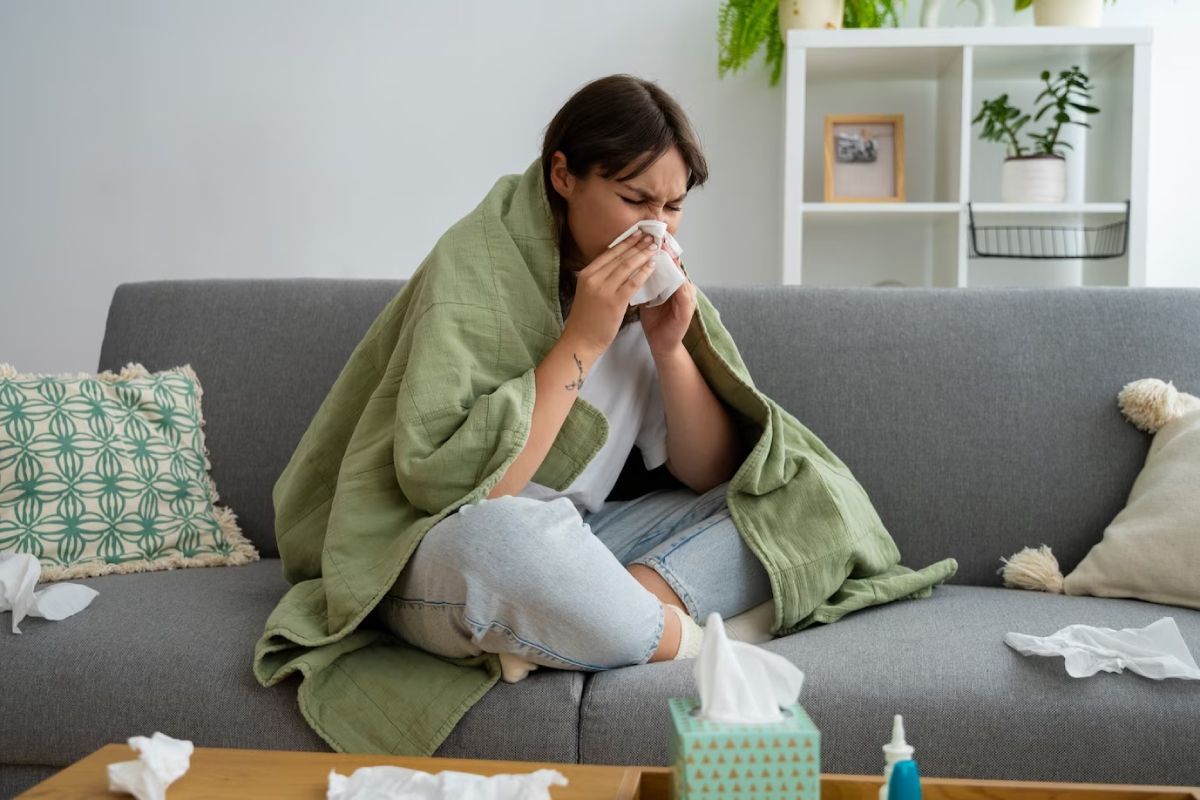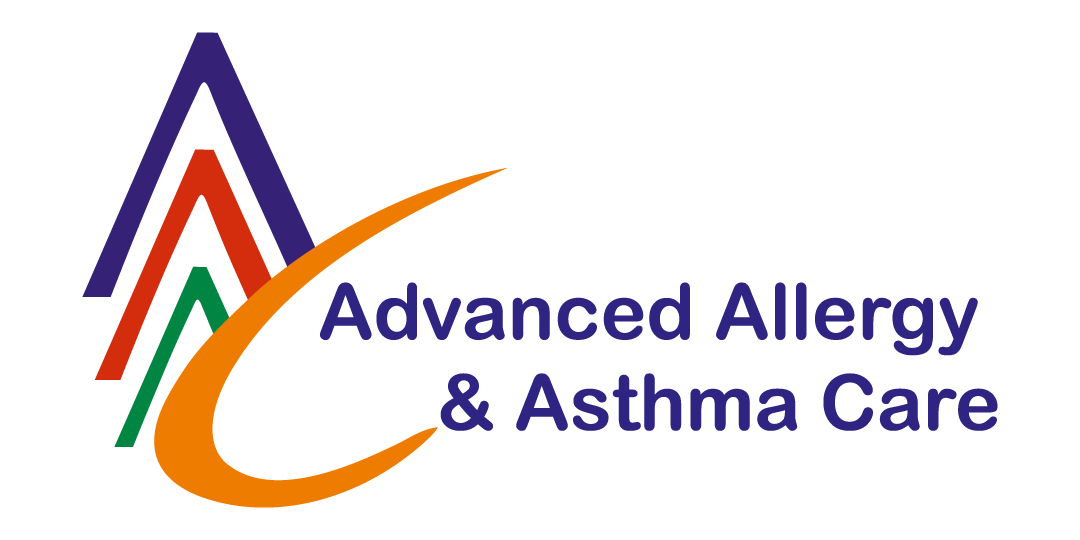ALLERGIC RHINITIS (HAY FEVER)
Home > Allergic Rhinitis (Hay Fever)

Answers About Allergic Rhinitis
What is Allergic Rhinitis?
Allergic rhinitis (hay fever) occurs when you inhale a substance you are allergic to. This medical condition affects 40 million people in the United States.
Why is it called hay fever?
Hay fever is an allergic reaction that often leads to sneezing, itching, and a runny or stuffy nose. Despite its name, hay does not trigger hay fever. Moreover, it is not a cause of fever. The name comes from the fact that the symptoms often occur during the hay-making season, usually in the summer and early fall.
What are the common rhinitis signs and symptoms?
Signs of allergic rhinitis are similar to a common cold. However, unlike common cold symptoms, allergic rhinitis lasts for more than 8–10 days and may include:
- Stuffy nose
- Runny nose
- Sneezing
- Itchy nose, itchy eyes, or watery eyes
- Children with allergic rhinitis often have dark circles under their eyes. They also use the palms of their hands to push their noses up to try to stop the itching (called the “allergic salute”)
- Coughing occurs due to a clear mucus running down the back of your throat
What causes allergic rhinitis?
Allergic rhinitis occurs due to allergen exposure. These allergens come from both outdoors and indoors. Common culprits are allergens from mold or trees, grass, and weed pollens.
You may experience allergic rhinitis due to allergens in your house, such as pet dander (tiny skin flakes and saliva), mold, or the excrement of cockroaches and dust mites.
- If you have symptoms in spring, you may have tree pollen allergies
- If you have symptoms in the summer, you may be allergic to weed and grass pollen
- If you have symptoms in late summer and fall, you probably have ragweed allergies
- Dust mites, mold spores, and pet dander (saliva or skin flakes) often trigger perennial allergy symptoms
An allergist or immunologist usually performs skin tests to determine which allergens cause your allergic reactions.
What are my treatment choices?
Over-the-counter anti-allergy medications like antihistamines and nasal sprays provide immediate relief. However, they may have unpleasant side effects. These drugs may induce sleepiness, and the nasal sprays may worsen stuffiness. Prescription drugs for allergies are typically more effective. Some are suitable for children, and all are safe for adults.
What are allergy shots?
For some, allergy shots or immunotherapy are beneficial and safer. Allergy shots help your body handle allergens. An allergic rhinitis specialist may discuss allergy shots if your allergy symptoms do not improve despite taking medications.
Can I do anything to prevent getting allergic rhinitis?
Yes. Here are the ideal steps:
- Although it’s best not to have pets when you have allergic rhinitis, bathing your pet once a week and keeping it out of the bedroom usually works
- Put pillows, box springs, and mattresses in hypoallergenic covers
- Keep windows closed. Get an air conditioner and run a dehumidifier to eliminate allergens

